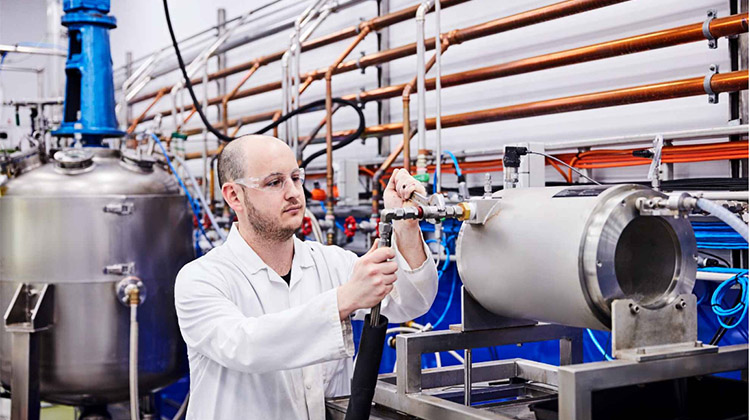It’s National Science Week in August

The National Science Week 2021 program is packed as usual and will be presented in in person and online virtual formats country wide.
A huge range of issues like food security, Ocean health and the number of penises sharks have will be on the agenda.
Future-proofing food
How are we going to feed 10 billion people on a planet hit by climate change? Ask one of the hundreds of Australian scientists working on solutions. For instance:
- Getting our protein from edible insects - Kim Johnson (Melbourne).
- Improving food crops grown in hostile soils - Peter Ryan (Canberra).
- Making self-fertilising legumes - Ulrike Mathesius (Canberra).
- Making nitrogen nutrition in plants less expensive - Brent Kaiser (Brisbane).
- Plants for good guts and industrial hemp - Rachel Burton (Adelaide)
- Adapting rice, wheat and other crops to cope with more frequent flooding due to climate change - Timothy Colmer (Perth).
Indigenous health: closing the gap with an AI ‘Time Machine’ and a health lab on wheels
Chronic diseases account for about 80 per cent of the mortality gap between adult Aboriginal and Torres Strait Islander and other Australians.
In the Northern Territory, the Menzies School of Health Research is letting people experience the effects of long-term diseases before they get sick. HealthLAB – a clinic on wheels – lets people see heart and kidney ultrasounds, hear their heart beating, and try on ‘alcohol goggles’ that mimic raised blood alcohol levels. An award-winning interactive Time Machine app completes the picture – literally – by showing how those choices affect appearance.
HealthLAB will travel to locations around Darwin, the island community of Wurrumiyanga on the Timor Sea, and Ramingining in the Arafura Swamp to work in country with trainee Indigenous health practitioners.
Ocean health
National Science Week, researchers from around the country will explore critical aspects of the seas that girt our home.
Ask oceanographers Lachlan McKinna and Ivona Cetinić how the ocean is an incredible climate machine or if the food web will work in warming waters.
Some of the questions answered will be unusual. For instance: do male sharks really have two penises?
They’re called ‘claspers’, and channel semen into females during mating. Charles Darwin University PhD candidate Amy Kirke and colleagues will reveal all as they dissect commercially caught sharks in front of an audience.
Public event listings at www.scienceweek.net.au.
Visit ScienceWeek.net.au/events to find stories in your area using the event listing